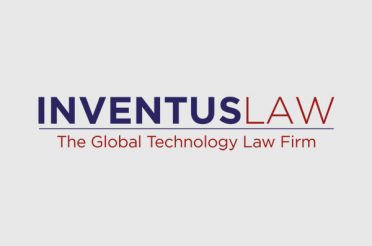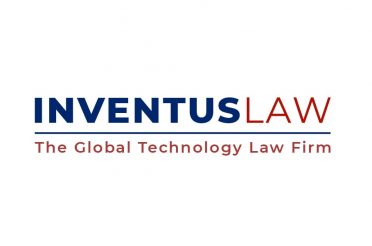1. California law has an absolute prohibition on non-competes, such that non-competes are almost always held to be unenforceable in California, other than in the following limited scenarios:
- (a) when you buy a business, then the buyer has a reasonable right to expect that the seller’s employees/shareholders don’t compete and dilute the value of the business they are buying – however, those non competes have to be reasonable in scope, time and geographical coverage;
- (b) where essential to protect the employer’s intellectual property or proprietary information – but, again, the non – competes have to be very narrowly tailored to limit the future employment in order to specifically protect the employer’s IP or trademarks;
- (c) NDAs are fully enforceable, such that the employee cannot, and should not, bring over any IP or confidential information of the employer as part of the employment with any 3rd party. As an employer, you should ensure that the employees get company’s work computers, phones, etc. Where the situation may be more critical, for example, hiring from a direct competitor, we would recommend that you conduct an in-take interview and document the discussion whereby the prospective hire is confirming that he/she is not bringing any 3rd party materials; and
- (d) non-solicitations. These are fully enforceable. So, your prospective hires should not bring in with them any customer lists, or any ex-colleagues, ex-customers, etc. over to the company.
2. Most states in the U.S. follow the above principles, although some states like NY are not as clear cut against non-competes, and allow for non-competes where the employee may have highly unique skills or access to trade secrets. In such states, you as an employer should take more concrete steps to protect yourself and have a proper review process on the risks involved, specially while hiring from direct competitors. We need to look at the laws and policies of each state where the employee is located at the time of hire to determine the risk involved in hiring that employee and the circumstances surrounding the employee.
3. Outside U.S. Most common law jurisdictions, like UK and India, also follow the same principles, and courts have held non-competes to be unenforceable, with similar limited exceptions. In countries like India, however, where labor laws are not as strictly enforced, the practice is to get employees to sign non-competes even though they will most likely be held to be unenforceable – employers get the employees to sign non-competes mostly to act as a deterrent against working for a competitor than having any legal enforcement rights.
4. Non-competes during the continuation of services. Employers can, and (at least for the technically skilled employees) should, restrict employees and consultants from competing with the employer while they are providing services to the employer. Therefore, a company needs to be extra careful while hiring someone who is working with a 3rd party at the same time – we would strongly recommend against hiring anyone who is at the time also providing services to a competitor, even in a consulting role, until they have terminated their other agreement with the 3rd party, or there is proper documentation allowing for such dual employment/consulting role.
5. Commercial torts rules. A company also has to be careful in not encouraging a prospective hire to leave his/her current employer to join the company, specially if the prospect is working at a competitor. Otherwise, the competitor could claim that the company is interfering in the employer’s commercial relationship with the employee/consultant. Same would apply for any customers and vendors. Of course, the employee/vendor/customer can come on their own to the company or as part of an overall generic, non-targeted solicitation process.
Contributed by Anil Advani, Managing Partner of Inventus Law. You can follow Anil on Twitter @advani_anil







Leave a Reply